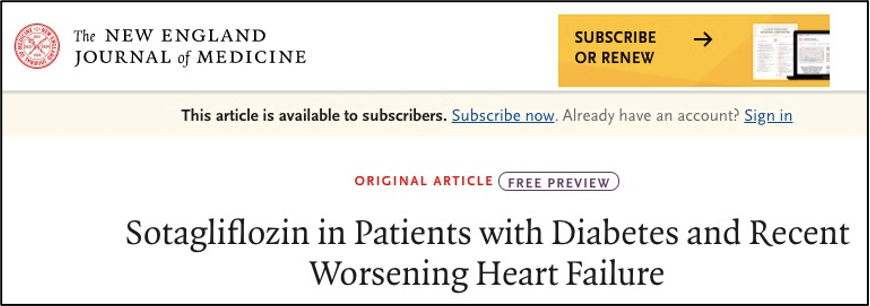Soxgliflozin in the treatment of patients with diabetes and decompensated heart failure
- Normal Liver Cells Found to Promote Cancer Metastasis to the Liver
- Nearly 80% Complete Remission: Breakthrough in ADC Anti-Tumor Treatment
- Vaccination Against Common Diseases May Prevent Dementia!
- New Alzheimer’s Disease (AD) Diagnosis and Staging Criteria
- Breakthrough in Alzheimer’s Disease: New Nasal Spray Halts Cognitive Decline by Targeting Toxic Protein
- Can the Tap Water at the Paris Olympics be Drunk Directly?
Soxgliflozin in the treatment of patients with diabetes and decompensated heart failure
- Should China be held legally responsible for the US’s $18 trillion COVID losses?
- CT Radiation Exposure Linked to Blood Cancer in Children and Adolescents
- Can people with high blood pressure eat peanuts?
- What is the difference between dopamine and dobutamine?
- What is the difference between Atorvastatin and Rosuvastatin?
- How long can the patient live after heart stent surgery?
Soxgliflozin in the treatment of patients with diabetes and decompensated heart failure.
Recently, the “New England Journal” (NEJM) published online a SOLOIST-WHF trial study published by the Deepak Bhatt research team of the Cardiovascular Center of Harvard Brigham and Women’s Hospital.
2 Inhibitors can effectively reduce the incidence of combined events of cardiac death, hospitalization and emergency visits due to heart failure in the treatment of patients with diabetes and decompensated heart failure.
 Image source: NEJM
Image source: NEJM
Previous studies have shown that sodium-glucose cotransporter-2 inhibitors such as Soxaggliflozin can reduce the hospitalization rate and cardiogenic mortality of patients with stable heart failure.
However, the safety and effectiveness of the drug in the treatment of patients with diabetes and decompensated heart failure are still unknown.
The trial is a three-phase, double-blind, randomized, placebo-controlled trial.
The primary endpoint of the trial was originally designed to be the total number of first cardiovascular deaths or hospitalizations due to heart failure, which was later changed to cardiac deaths, hospitalizations due to heart failure and emergency department visits.
A total of 1,222 patients were included in the study, of which 608 were assigned to the Soxgliflozin group and 614 were assigned to the placebo group. During a median 9-month period, 245 patients in the Soxgliflozin group and 355 patients in the placebo group had a major outcome event.
The number of events in the Soxgliflozin group was lower than that in the placebo group (51.0 VS 76.3; hazard ratio, 0.67; 95% confidence interval, 0.52 to 0.85; P<0.001).
There was no statistical difference between the two groups in the number of cardiogenic deaths and the proportion of all-cause deaths per 100 patient-years.
Soxgliflozin in the treatment of patients with diabetes and decompensated heart failure
(source:internet, reference only)
Disclaimer of medicaltrend.org
Important Note: The information provided is for informational purposes only and should not be considered as medical advice.



